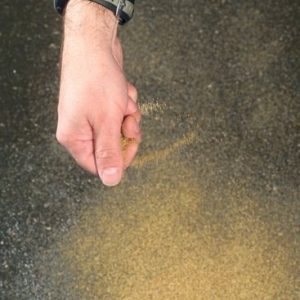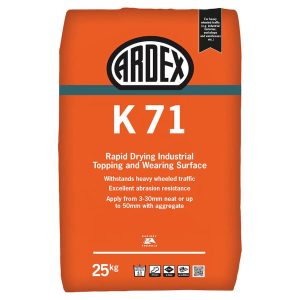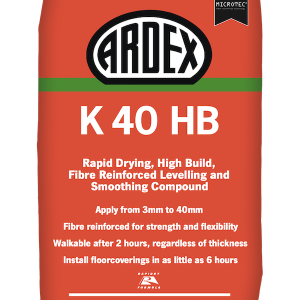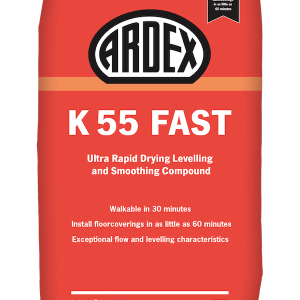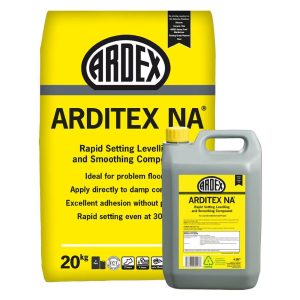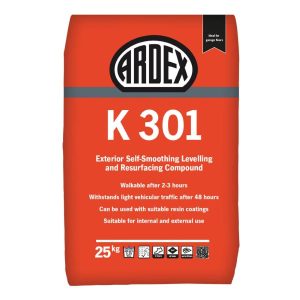What Are Self-Levelling Compounds?
Self-levelling compounds are materials commonly used in construction to create smooth, flat surfaces on floors prior to the installation of floor coverings such as tile, carpet, hardwood, or laminate. They are typically made of cementitious materials, polymers, and aggregates, and are designed to flow easily and settle into a level surface when poured onto a floor.
Used to correct unevenness, roughness, or irregularities in the substrate surface before laying down floor coverings, self-levelling products create a smooth and level base for subsequent flooring installations.
Key Considerations for Self-Levelling Compounds
Substrate Condition: Assess the condition of the substrate (concrete, wood, etc.) to determine if any repairs or surface preparation are needed before applying the self-levelling compound. Some compounds are formulated for specific substrate types.
Thickness: Consider the required thickness of the levelling compound based on the substrate condition and the specifications of the flooring system being installed. Some compounds can be applied in thin layers, while others are suitable for thicker applications.
Drying Time: Evaluate the curing time of the product and consider project timelines. Faster drying compounds may be preferable for projects with tight deadlines, while slower drying compounds may offer longer working times.
Strength and Durability: Consider the intended use of the floor and select a self-levelling compound with appropriate compressive strength, abrasion resistance, and other durability characteristics to meet the demands of the environment.
Special Requirements: Some applications may have special requirements such as resistance to chemicals, moisture, or high temperatures. Ensure that the selected product meets these specific needs.
Adhesion: Verify the adhesion properties of the self-levelling compound, especially if it will be applied over existing flooring or adhesive residues. Proper adhesion is crucial for long-term performance and stability.
Ease of Application: Choose a product that is easy to mix, pour, and spread for efficient installation. Some self-levelling compounds come pre-mixed or in self-contained kits for convenience.
Contact BaseTec - Complete Systems. Reliably Delivered.
If you require assistance with self-levelling compounds products or need advice on which self-levelling product is best suited for your requirements, contact our friendly teams in Kent - 01732 906 826 - or Leeds - 0113 521 6789.
Return to our full range of
Flooring Products.
